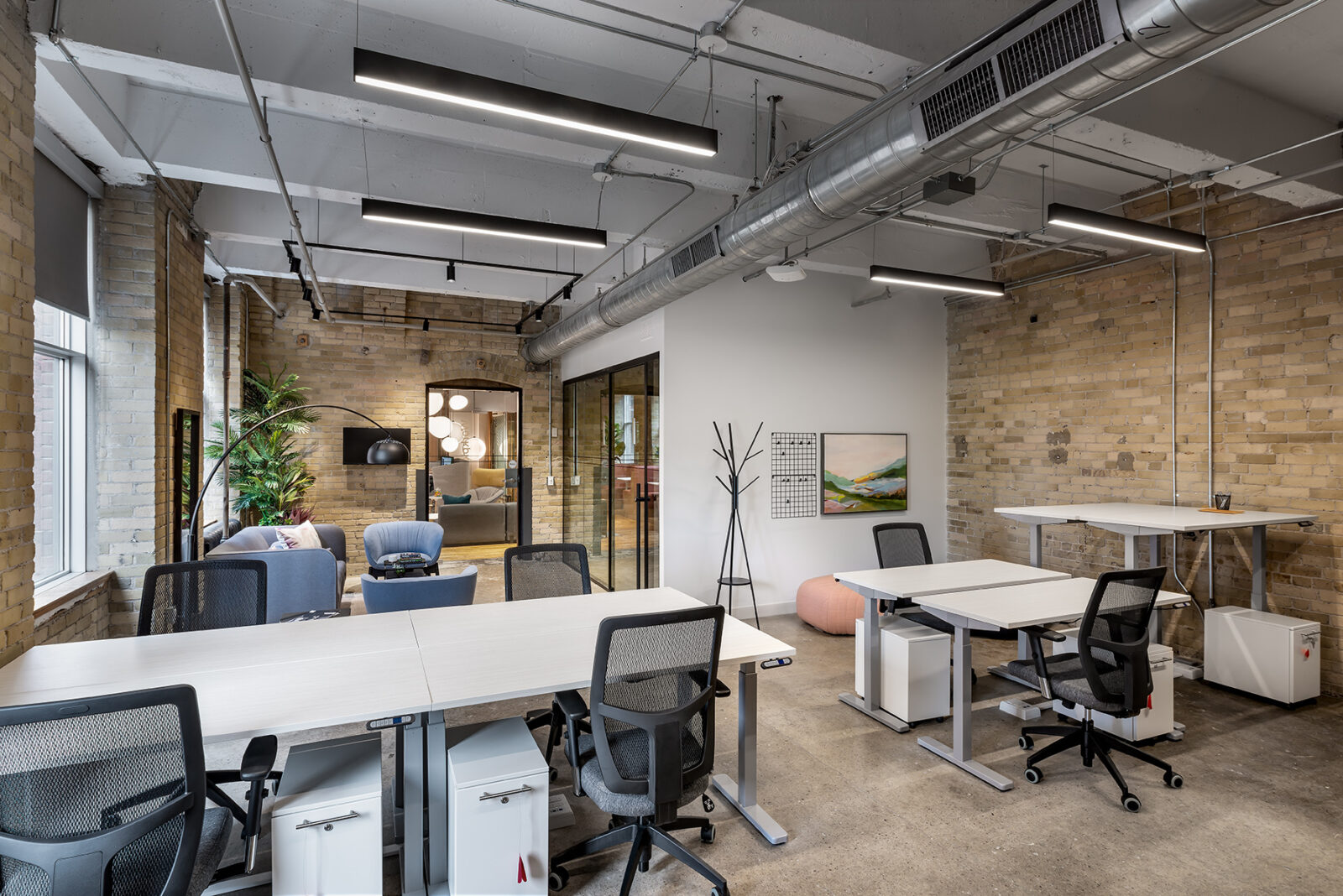Exploring Temporary Office Spaces: Benefits and How to Select.

In the dynamic landscape of commercial real estate, the shift towards shorter and more flexible office leases is evident worldwide. This trend underscores the growing preference for flexibility over the constraints of traditional long-term commitments. Temporary office spaces have emerged as a popular solution, offering businesses, both startups and established ones, the flexibility they need without being tied down by long 5-10 year leases. In this article, we will delve into what temporary office spaces are, the advantages they offer, and how to make an informed choice when selecting one for your business.
Understanding Temporary Office Spaces
A temporary office space refers to any leased space with shorter or more flexible terms than a conventional office lease. Unlike standard leases that often bind businesses for at least five years, temporary office spaces cater to smaller, agile, and fast-growing enterprises, providing the benefits of a physical office without the burdens of long-term contractual obligations.
Advantages of Temporary Office Spaces
1. Flexibility: Temporary office spaces offer rolling monthly leases without early exit fees. This flexibility enables businesses to adapt to changing needs, allowing for seamless transitions to larger space as teams expand.
2. Scalability: Regardless of company size, the diverse options in size, scale, and location of temporary office spaces ensure a better fit for any business, from a two-person startup to a large corporation.
3. Adaptability: The flexible rental terms allow businesses to adjust their floor plans without relocating, saving costs and minimizing disruption during times of change.
4. Cost-efficiency: Fully furnished and equipped, temporary office spaces reduce setup and maintenance costs compared to establishing a permanent office.
5. Convenience: Often located in popular neighborhoods near transport hubs and amenities, temporary offices enhance accessibility and attract potential hires from across the city.
Types of Temporary Office Spaces
1. Shared Office Spaces: Multiple companies share the same premises, reducing costs through shared facilities and amenities.
2. Full Floor Office Space: Private, self-contained offices rented to a single business, fully furnished and customizable.
3. Dedicated Desks: Assigned seats in shared coworking spaces, suitable for short-term use.
4. Meeting Rooms: Available for hourly bookings, equipped with conferencing tools for professional client meetings.
Differentiating Temporary Office Space from Coworking Spaces
While coworking spaces fall under the umbrella of temporary office spaces, distinctions exist. Coworking spaces emphasize collaboration in shared workspaces, potentially lacking private offices suitable for handling sensitive information.
Temporary Office Space vs. Satellite Offices
Temporary office spaces offer a flexible alternative to the risks associated with opening satellite offices. They mitigate commitment, allowing businesses to adapt without incurring unnecessary costs.
Choosing the Best Temporary Office Space
For freelancers or businesses seeking flexible solutions, Workplace One provides meticulously designed and adaptable workspaces. Whether you require a coworking space or a tailored office, Workplace One offers layouts scalable to your team's privacy and design preferences.
In conclusion, the increasing popularity of temporary office spaces reflects a paradigm shift in the commercial real estate landscape. Understanding the advantages and nuances of these spaces is crucial for businesses seeking flexibility, adaptability, and cost-effectiveness in their office solutions.